Most notably recognized as the first African American to break the color barrier in Major League Baseball, Jackie Robinson left an indelible mark on the sports world. His courage, talent, and resilience paved the way for generations of athletes to come. Robinson’s impact extended far beyond the baseball diamond, sparking important conversations about racial equality and social justice in America. In this blog post, we explore the groundbreaking career of Jackie Robinson and the barriers he shattered in Major League Baseball.
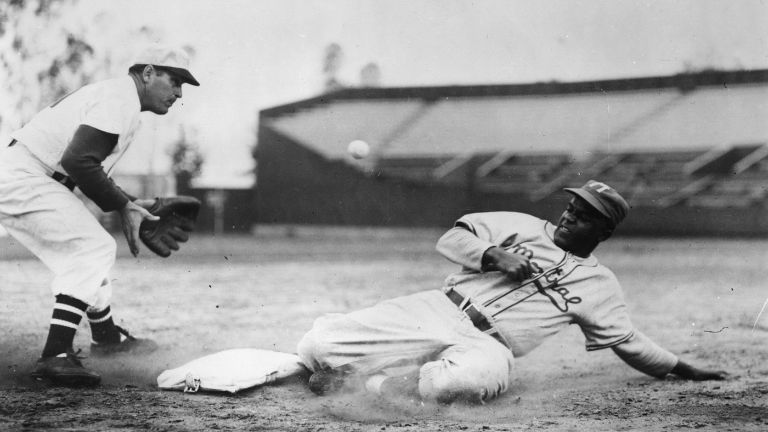
Early Life and Career
Childhood and Education
Early in his life, Jackie Robinson faced significant challenges. Born on January 31, 1919, in Cairo, Georgia, he grew up in economically challenging circumstances. His family later moved to Pasadena, California, where he excelled in sports at John Muir High School. Despite facing racial discrimination, he was able to secure a spot in the athletic program at Pasadena Junior College, where his talent began to shine.
Beginnings in Sports
On April 15, 1947, Jackie Robinson made history as the first African American player in Major League Baseball’s modern era when he took the field for the Brooklyn Dodgers. Before his groundbreaking debut, Robinson showcased his exceptional athletic abilities in multiple sports. He played football, basketball, track, and baseball at UCLA, earning accolades for his skills on the field.
Understanding the impact of Robinson’s beginnings in sports is crucial to appreciate his perseverance and resilience in breaking the racial barriers in baseball. Despite facing discrimination and hostility, he remained dedicated to his game, setting a precedent for future generations of athletes to challenge injustice and strive for equality.
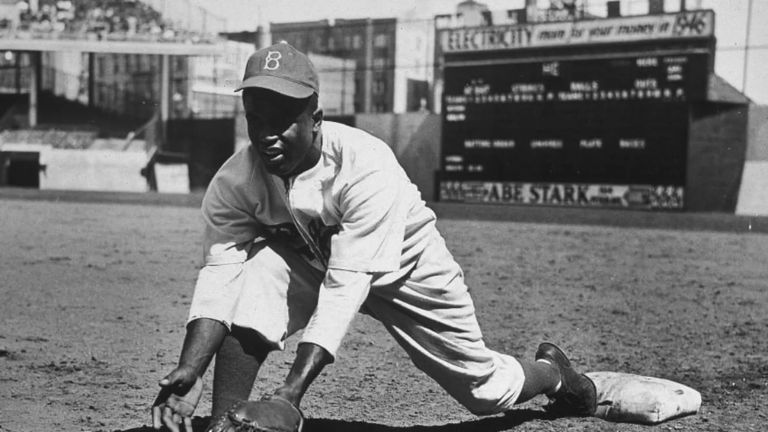
Early Life and Career
Childhood and Education
Early in his life, Jackie Robinson faced significant challenges. Born on January 31, 1919, in Cairo, Georgia, he grew up in economically challenging circumstances. His family later moved to Pasadena, California, where he excelled in sports at John Muir High School. Despite facing racial discrimination, he was able to secure a spot in the athletic program at Pasadena Junior College, where his talent began to shine.
Beginnings in Sports
On April 15, 1947, Jackie Robinson made history as the first African American player in Major League Baseball’s modern era when he took the field for the Brooklyn Dodgers. Before his groundbreaking debut, Robinson showcased his exceptional athletic abilities in multiple sports. He played football, basketball, track, and baseball at UCLA, earning accolades for his skills on the field.
Understanding the impact of Robinson’s beginnings in sports is crucial to appreciate his perseverance and resilience in breaking the racial barriers in baseball. Despite facing discrimination and hostility, he remained dedicated to his game, setting a precedent for future generations of athletes to challenge injustice and strive for equality.
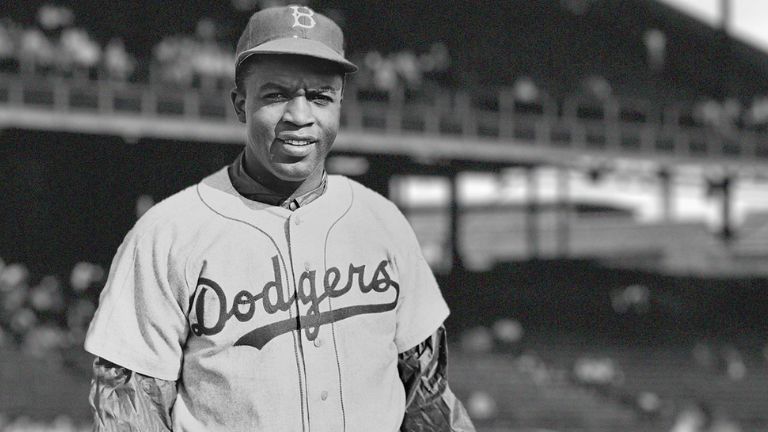
Journey to the Major Leagues
Robinson in the Negro Leagues
The journey of Jackie Robinson to the Major Leagues began in the Negro Leagues, where he displayed exceptional talent and courage on the baseball field. Robinson’s standout performances for the Kansas City Monarchs caught the attention of Major League scouts, paving the way for his groundbreaking entry into integrated baseball.
Signing with the Brooklyn Dodgers
Any discussion of Jackie Robinson’s journey to the Major Leagues must include the pivotal moment when he signed with the Brooklyn Dodgers. In 1945, Branch Rickey, the general manager of the Dodgers, made the bold decision to sign Robinson, breaking the color barrier in Major League Baseball. This historic signing marked the beginning of Robinson’s groundbreaking career in the Major Leagues.
Signing with the Brooklyn Dodgers not only marked the integration of Major League Baseball but also symbolized a significant step forward in the fight for civil rights and racial equality in America. Robinson’s signing was met with resistance and scrutiny, but his resilience and determination paved the way for future generations of African American players to follow in his footsteps.
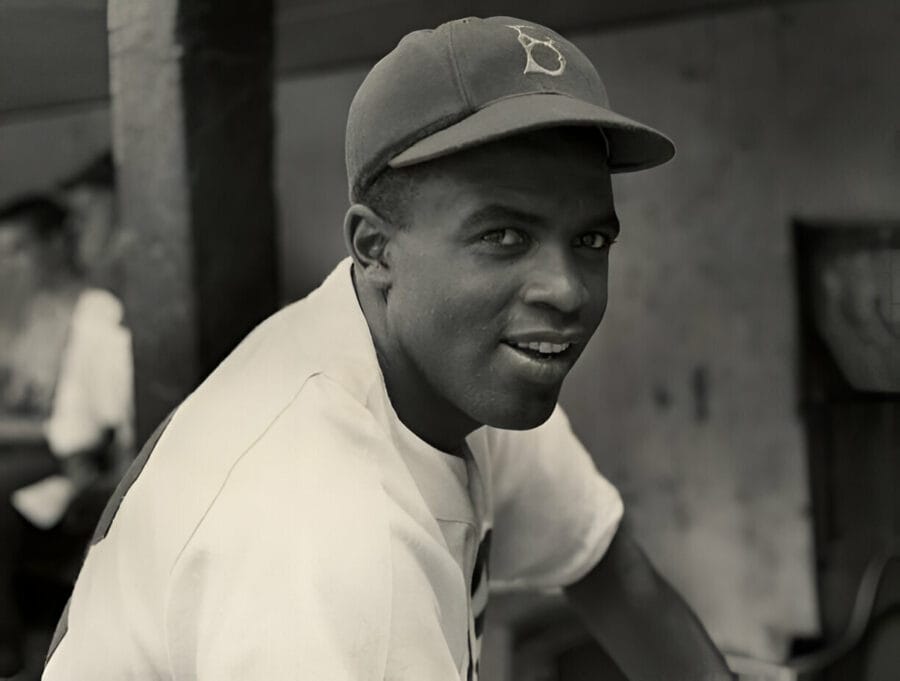
Shattering the Color Barrier
Debut and Challenges in Major League Baseball
Baseball in the 1940s was a sport deeply divided along racial lines, with African Americans excluded from Major League Baseball. Jackie Robinson’s debut with the Brooklyn Dodgers on April 15, 1947, marked a historic moment as he became the first African American to play in the major leagues. Despite his undeniable talent, Robinson faced significant challenges, including vicious racism from fans, players, and even some teammates.
Impact on Team Dynamics and Fan Reception
Color played a prominent role in how Jackie Robinson was initially perceived by his teammates and fans. His presence on the team challenged the status quo, leading to tensions within the Dodgers clubhouse. However, Robinson’s exceptional skills and resilience gradually won over many of his teammates, as they came to respect him not just as a pioneer but as a valuable member of the team.
Reception of Jackie Robinson by fans was mixed, with some embracing his talent and courage in breaking the color barrier, while others openly displayed their bigotry and hostility towards him. Despite facing discrimination and death threats, Robinson’s performance on the field garnered admiration and support from a growing number of fans, eventually helping to shift public perception and pave the way for future African American players in baseball.
Robinson’s Legacy and Influence
Career Achievements and Recognitions
Now, let’s research into Jackie Robinson’s legacy and the lasting impact he left on Major League Baseball. To start, Robinson’s list of career achievements and recognitions is extensive. He was a six-time All-Star, the 1949 National League MVP, and a World Series champion with the Brooklyn Dodgers in 1955. Robinson’s excellence on the field paved the way for his historic induction into the Baseball Hall of Fame in 1962, forever solidifying his place in baseball history.
Beyond Baseball: Advocacy and Civil Rights
Now, let’s explore Jackie Robinson’s impact beyond the baseball diamond. Beyond his baseball career, Robinson became a pivotal figure in the civil rights movement. He used his platform to advocate for racial equality, speaking out against segregation and discrimination. Robinson’s courage and leadership in the face of adversity inspired many to push for social change and paved the way for future generations to continue the fight for equality.
This dedication to social justice was exemplified through Robinson’s involvement in various civil rights organizations and his tireless efforts to combat racial injustice in American society. Robinson’s impact extended far beyond the confines of the baseball field, leaving a lasting legacy as a trailblazer for equality and opportunity.
Final Words
Taking this into account, Jackie Robinson’s legacy in Major League Baseball will forever stand as a monumental milestone in breaking barriers and paving the way for future generations of athletes. His courage, resilience, and unwavering determination not only changed the game of baseball but also had a profound impact on society as a whole. Robinson’s unwavering fight against racial injustice has inspired countless individuals to stand up against discrimination and inequality. As we look back on his extraordinary career, we are reminded of the importance of perseverance, courage, and the power of standing up for what is right. Jackie Robinson will always be remembered as a pioneer who shattered stereotypes and opened doors for African American athletes in professional sports, leaving a lasting legacy that continues to shape the landscape of Major League Baseball today.
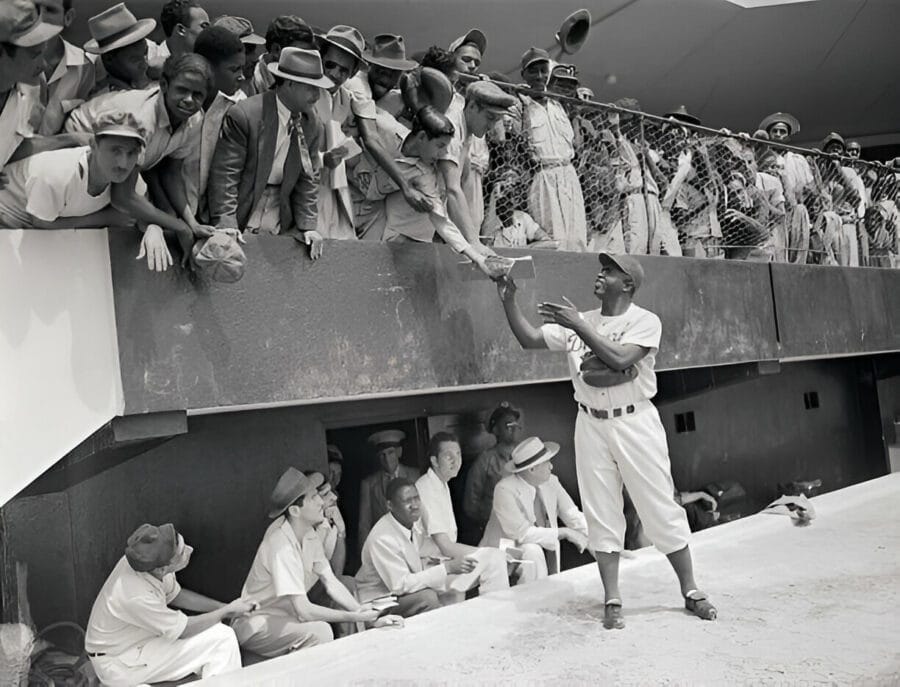
FAQ
Q: Who was Jackie Robinson?
A: Jackie Robinson was the first African American to play in Major League Baseball in the modern era. He broke the color barrier and paved the way for future generations of black athletes.
Q: When did Jackie Robinson break the color barrier in Major League Baseball?
A: Jackie Robinson broke the color barrier on April 15, 1947, when he made his debut with the Brooklyn Dodgers.
Q: What impact did Jackie Robinson have on Major League Baseball?
A: Jackie Robinson’s entry into Major League Baseball had a profound impact on the sport and society as a whole. He helped to dismantle segregation in baseball and beyond, inspiring a new era of inclusivity and diversity.
Q: What accolades did Jackie Robinson achieve during his baseball career?
A: Jackie Robinson was a trailblazer on the field as well, winning the Rookie of the Year award in 1947 and the National League MVP award in 1949. He was also a six-time All-Star and helped the Brooklyn Dodgers win the World Series in 1955.
Q: How is Jackie Robinson honored today?
A: Jackie Robinson’s legacy is celebrated every year on April 15th, known as Jackie Robinson Day in Major League Baseball. His uniform number, 42, has been retired by all teams in the league to honor his contributions to the sport and to society.
See also our article : Muhammad Ali: the story of a legendary boxer










